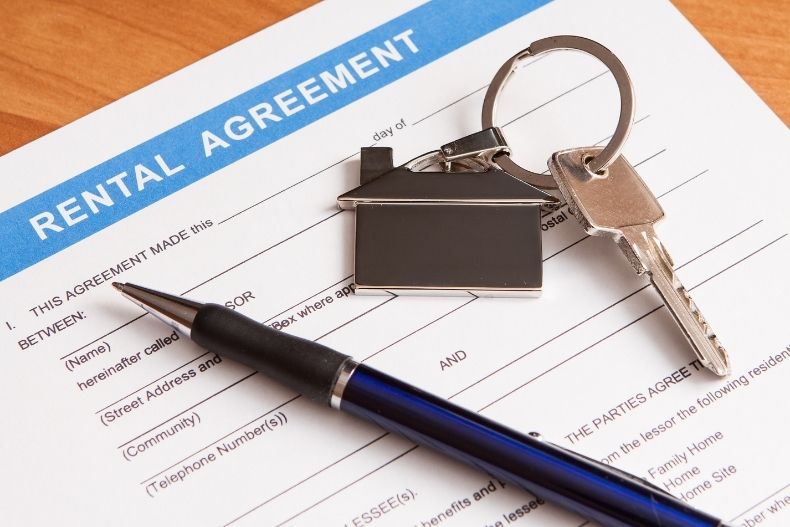Illegal activities, late (or no) rent payments, unauthorized roommates, hoarding – tenant problems come in varying sizes, shapes and levels of severity. Even with the most stringent property rules and tenant screening process in place, you’re going to face a problem tenant at some point during your career as a landlord or property manager.
When you’re faced with a bad tenant, you need to make sure to stay professional at all times. This means communicating clearly, keeping a cool head and taking the necessary measures to maintain a profitable and safe rental.
If you’ve got a few bad apples staying in your property that are giving you a headache as a landlord, consider the following suggestions to help you get through this ordeal:

1. Be Familiar with the Law in Your Area
Each municipality and state has unique ordinances and laws. Make sure that you have a solid grasp of your responsibilities and rights as a property manager or landlord, tenant rights and the basic workings of eviction procedures and specific notices. If you’re planning to kick a tenant out of your property, consult an eviction attorney for proper guidance.
2. Stick to the Established Procedures and Policies
When a tenant signs a lease agreement with you, they’re agreeing with the policies, regulations and rules of your rental property. Make sure you state these policies in your lease document. Don’t forget to provide your tenant with an electronic or hard copy, as well. What’s more, walk the tenant through the provisions of the document before they sign. If the tenant has questions, make sure you provide clear and thorough answers.
Your lease agreement must also detail the things that tenants can and cannot do at your property, the amount of rent, when they need to pay it and how they can pay it.
Include rules on the following:
• Property maintenance and normal wear and tear
• Smoking
• Pets
• Guests
• Guidelines on additional occupants
• Tenant responsibilities
• Curfew hours (if applicable)
• Resident-to-resident conflict resolution
• Noise during the day and at night
3. Help These Problem Tenants Find a New Home
At first glance, this suggestion might be counterintuitive. After all, why would you go the extra mile to help these bad tenants find their next rental property or even their dream home if they’ve got the money?
If you want your terrible tenants out of your hair quickly, you’ll need to help them find alternative accommodations. Show them offline publications or websites to search and review listings. Recommend local community services that help residents find housing.
If your tenants are simply a bad fit for your property and aren’t inherently terrible, consider asking around in local real estate and landlord groups and clubs for information on upcoming vacant units.
Just make sure that you do not burn bridges with investors or fellow local landlords. Also, never lie about the history of the tenant. Instead, do a positive spin – so long as this doesn’t mislead the landlords.
4. Don’t Renew the Bad Tenant’s Lease
You can usually send your tenant a letter letting them know that their lease will not be up for renewal once it expires. You may need to provide them with 90, 60 or 30 days’ notice depending on local and state laws.
When you are drafting the letter, make sure that you thank them for renting from you. Then, explain your move-out policies in detail and outline all the other details about the non-renewal of their lease. The tenant will be legally required to move out under the provisions in your lease.
Important note: this option may not be possible in some jurisdictions. Make sure you understand the laws related to tenant protections in your local area before you do this.
5. Get the Police Involved If There’s Illegal Activity
You can, in most cases, evict your tenant easily and quickly if you can obtain proof that illegal activity is occurring. They are breaking your lease, so you can take measures to kick them out of your property.
Take note, though, that proof is important here. You shouldn’t get the authorities involves unless you can find proof of criminal activity. If you find drugs while you’re doing routine maintenance inspection, for instance, call the cops.
Just be careful, though. Remember that you can’t ransack your renter’s possessions to uncover evidence of illegal activity. You must also give renters sufficient notice before entering your property for any reason.
There will always be tenants who give their landlords a major headache. If you have these people living on your property, don’t lose your cool. Take note of these five suggestions.











